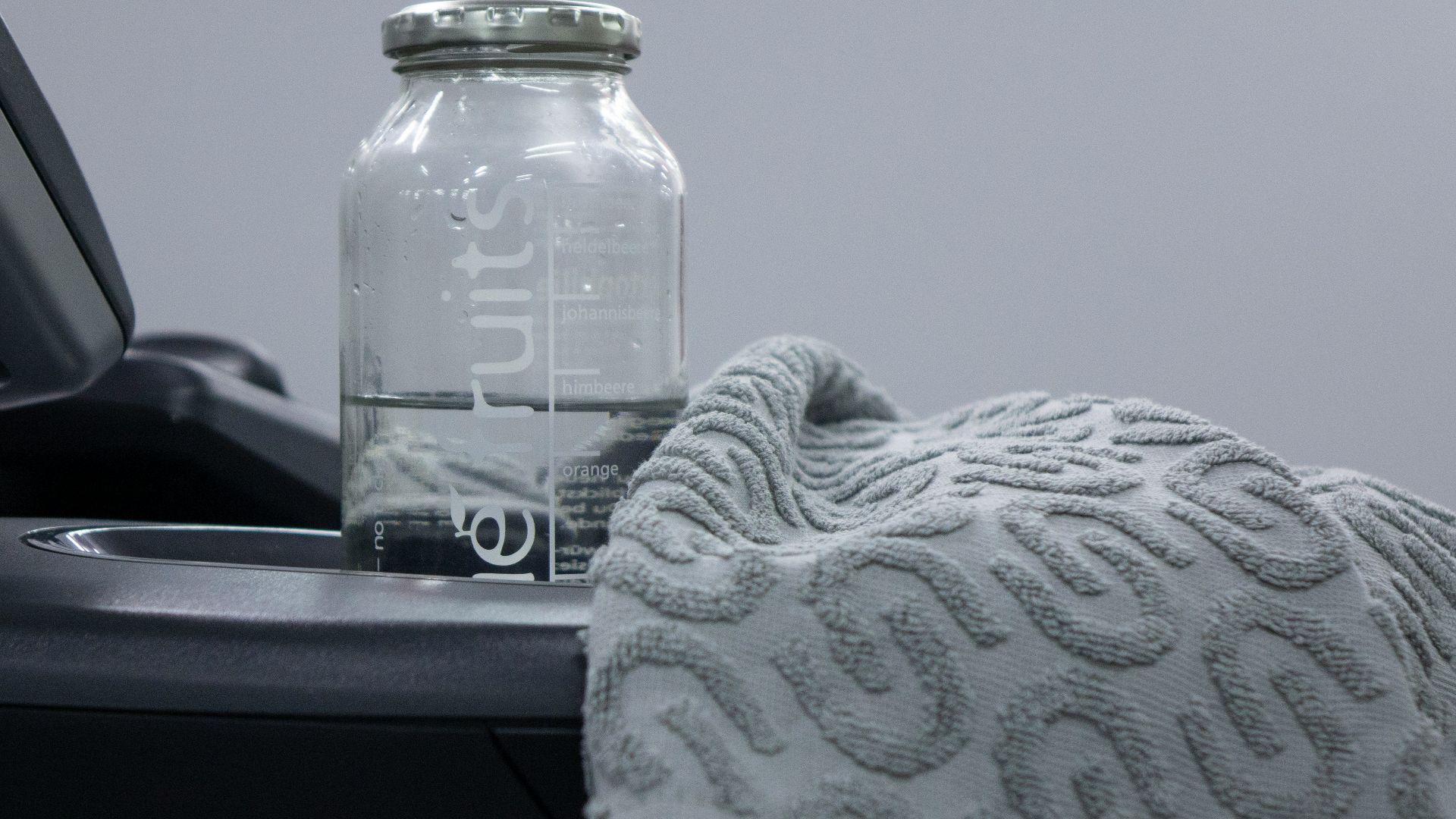A Look Inside Your Body
With WebMD at your fingertips, it's easy to throw around hormone names as buzzword diagnoses, but what do these hormones actually do? A better question may be: what happens when these hormones don't work as they should? While this article should not be taken as medical advice, we hope it can demystify some of the inner workings of the human body.
1. Serotonin
One of the better-known chemical compounds on this list, serotonin carries messages from your brain's nerves cells to the rest of your body. Serotonin works to regulate body temperature, sleep, and hunger among other thing. Low levels of serotonin can lead to mental illnesses such as depression and anxiety.
2. Cortisol
Cortisol is often called the stress hormone, but it's actually so much more than that! Cortisol is a steroid hormone that's in charge of keeping you healthy and energetic. Unfortunately, cortisol also comes out to play in times of stress, which can lead to anxiety and hypertension.
3. Estrogen
Estrogen may be the "female" sex hormone, but, actually, everyone has it! In addition to aiding the body's reproduction process, estrogen also helps develop bone and cartilage density. As a result, low estrogen can lead to osteoporosis—in anyone!
4. Progesterone
Another typically "female" hormone, progesterone is the mastermind behind menstruation. Progesterone helps prepare the body for pregnancy, especially in the early stages. Like all hormones on this list, everyone has some level of progesterone.
5. Testosterone
Known as the most masculine of all hormones, testosterone is an androgen, associated with reproduction. In addition to contributing to sex drive, testosterone also helps with fat distribution and red blood cell production. People with increased levels of testosterone may experience thinning hair and acne.
6. Insulin
Insulin comes from the pancreases, with a primary function of converting sugar into energy. Because of this, insulin helps regulate blood sugar, and an inability to produce or process insulin correctly can result in insulin resistance or diabetes. Additionally, insulin can affect pregnancy, leading to gestational diabetes.
7. Adrenaline
Another stress hormone, adrenaline goes hand-in-hand with cortisol. The most notable and most recognized function of adrenaline is activating your body's fight or flight response in dangerous situations. High adrenaline levels over extended periods can lead to high blood pressure and heart palpitations.
8. Melatonin
Melatonin helps control your circadian rhythm, or, your body's sleep cycle. Melatonin doesn't make you fall asleep instantly, but it can be helpful in keeping sleep regular. Melatonin is also important in maintaining regular menstrual cycles.
9. Erythropoietin
Erythropoietin is one of your kidney's main hormones. Erythropoietin makes red blood cells, which deliver oxygen to your body, that oxygen turns into energy, and that energy eventually turns into carbone dioxide. So, erythropoietin is essential in keeping us breathing.
10. Thyroid Hormone
You probably don't pay much attention to your thyroid, and that's on purpose. Thyroid hormones work to regulate your metabolism, regulating the process of transforming food into energy. Thyroid imbalances can potentially lead to autoimmune conditions such as Graves Disease and Hashimoto's Disease.
11. Oxytocin
A very loving hormone, oxytocin as a chemical messenger in your brain in all matters of arousal, trust, and attachment. During childbirth, oxytocin stimulates uterine contractions; after childbirth, oxytocin stimulates lactation.
12. Dopamine
Dopamine is your brain's "reward center", giving you a little boost whenever you do things you need to survive, such as eating, drinking, and having fun. Dopamine also impacts memory, movement, and mood.
13. Growth Hormone
Unsurprisingly, your human growth hormone helps you, well, grow. Your human growth hormone shifts into hyperdrive during puberty, when growth spurts and growing pains are at their peak. Growth hormone also impacts your metabolism.
14. Glucagon
Like insulin, glucagon is a pancreas-based hormone that helps to regulate your blood sugars. However, glucagon increases your body's natural sugars, while insulin decreases. Healthy levels of both hormones are important to keep your body running.
15. Leptin
While a lot of hormones contribute to deciding and maintaining your body's natural weight, leptin levels are directly related to body fat. Normally, your body releases leptin at regular intervals to maintain your normal weight. A resistance to leptin can cause overeating even when your body has enough fat stories.
16. Somatostatin
Somatostatin is at the top of the hormone hierarchy. In addition to regulating your GI track, somatostatin inhibits the release of other hormones. While this may sound like a bad thing, somatostatin is more like a faucet that turns off to prevent your body from making too much of any one hormone.
17. Prolactin
Prolactin is one of the most important post-natal hormones. Proclactin stimulates breast tissue development in lactation. Prolactin creates a positive feedback loop, releasing more of itself as needed.
18. Calcitonin
Eagle-eyed readers may deduce that calicitonin's main purpose is to regulate calcium levels. Too much calcium in the bloodstream can lead to weak bones and kidney stones, so calcitonin decreases these levels when they're spiking. Unlike almost all the hormones on this list, there don't appear to be any negative side effects of abnormal calcitonin
.
19. Aldosterone
Similar to calcitonin, aldosterone regulates blood pressure by managing electrolyte levels. Electrolytes, such as sodium and potassium help balance and replenish your body's fluids. High aldosterone levels can lead to hypertension.
 Mineragua Sparkling Water on Unsplash
Mineragua Sparkling Water on Unsplash
20. Adiponectin
Adiponectin is produced by your body's fat, or, adipose tissue, and helps deal with insulin sensitivity and anti-inflammatories. For insulin, adiponectin helps fatty acids turn into energy. On the other hand, adiponectin's anti-inflammatory properties help keep your heart and lungs healthy.



























